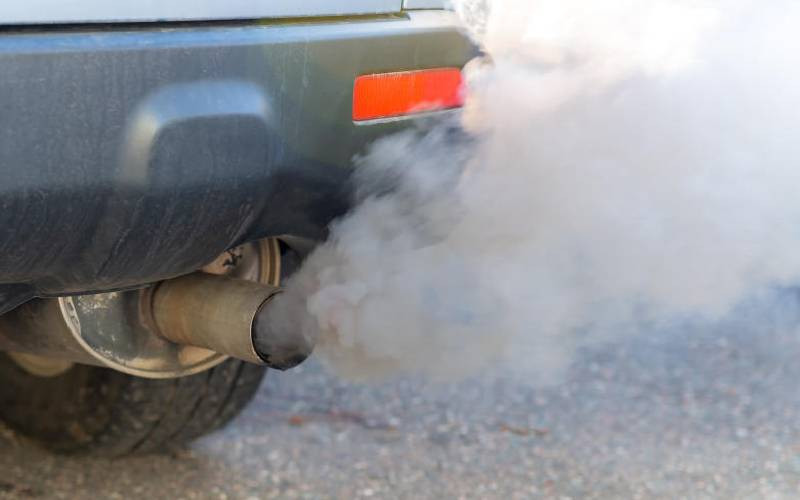×
The Standard e-Paper
Kenya’s Boldest Voice

"If you really think that the environment is less important than the economy, try holding your breath while you count your money."
These impelling words by American scientist Guy McPherson bring to the fore the entangling relationship between the climate and the economy and the urgent need to activate policies and initiatives to conserve our environment.